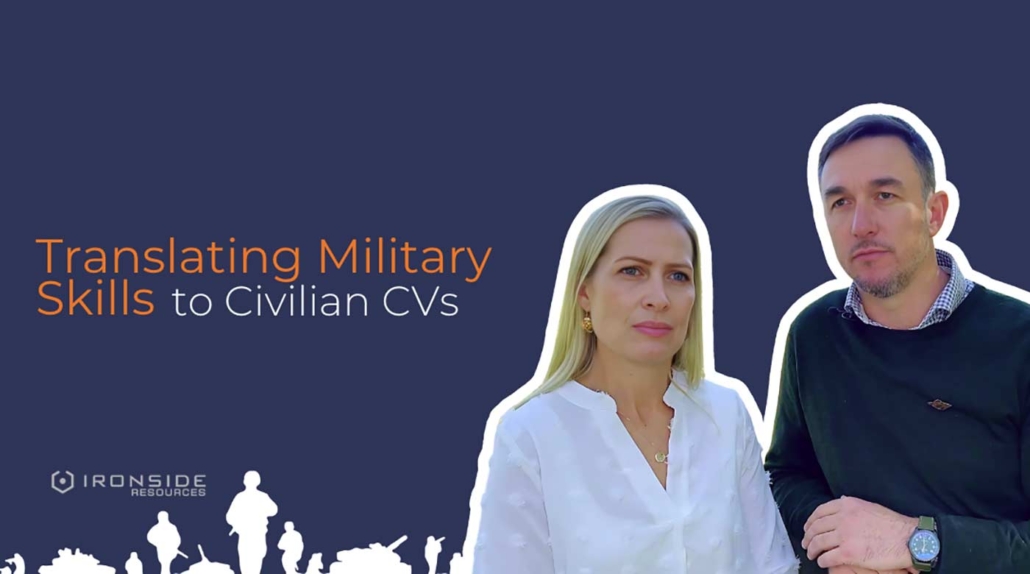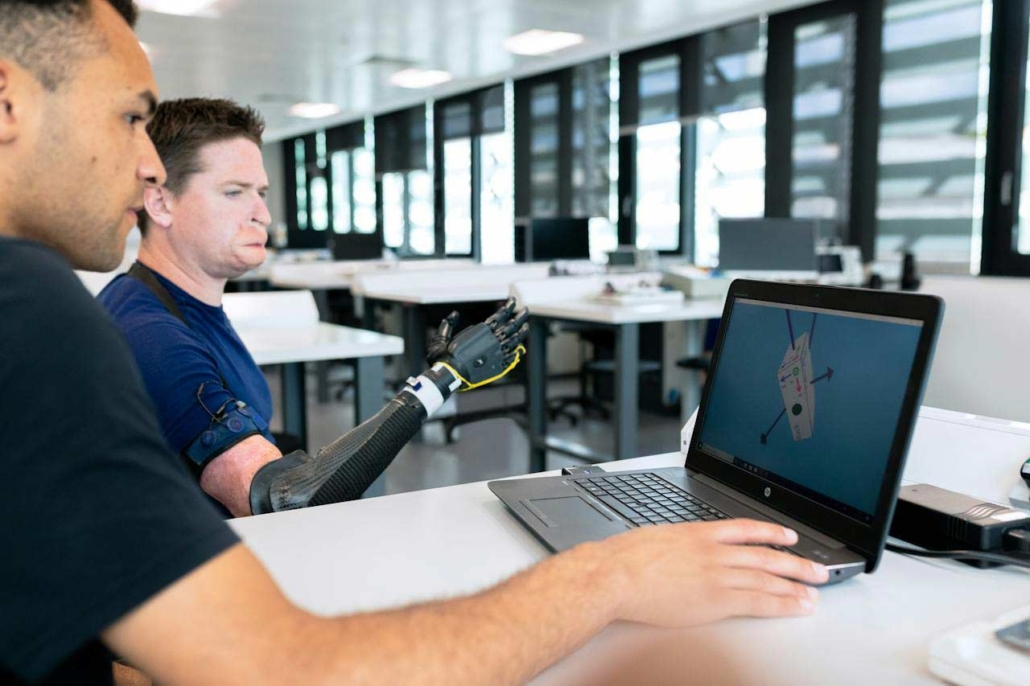Bridging the Translation Gap: From Military Service to Civilian Success
Once upon a time, as a military spouse, I understood the challenges that come with transitioning from a life of service to a civilian career. It’s a journey my partner and I, co-owners of a niche recruitment agency, have lived personally and now strive to ease for others.
In the past, the support a service member received was directly proportional to their time in uniform. The most junior soldiers, often the least equipped with trade or business skills, were left with little more than a basic CV. These CVs, crafted by writers unfamiliar with military life, often misrepresented the Veteran’s experience, leaving them lost for words in civilian job interviews. They struggled to convey their military skills in terms the corporate world could understand and value.
The key to a successful transition lies in translating military jargon into civilian relatable terms. A resume is a powerful tool for job hunting, but when you’re navigating this transition alone, your resume must speak fluently of your experience and skills. That’s where our agency steps in; we don’t just fine-tune your resume, we advocate for you. We take the time to understand the unique needs of employers and prepare you to meet those needs, acting as a bridge between your military past and your civilian future.
Our team, composed of Veterans, spouses, and partners of those who’ve served, brings a wealth of lived experience to the table. We’ve weathered the storms of transition ourselves – the bumpy roads, the moments of doubt when the familiarity of military life beckoned us back. But we stayed the course, committed to building careers in the business world, and now we leverage that hard-won knowledge to support others.
Our organisation doesn’t just rely on personal experience; over a decade, we’ve gathered insights across various industries, understanding how to translate the skills and experiences of the Veteran community into assets for civilian companies. My own corporate and government background has given me a keen insight into what employers seek and the behind-the-scenes decision-making that influences their hiring processes.
We are more than a collection of individual experiences; we are a collective, drawing on the knowledge of all our past and present employees to deliver unmatched service to the Veteran community. When engaging with clients, it’s crucial for us to convey our expertise in this niche market. We’re not just a recruitment agency; we’re a dedicated service for Veterans, ensuring they find rewarding careers and our clients benefit from the unique value veterans bring to their workforce.
Our ability to deliver goes beyond placement services. We offer labour hire and program-based delivery, introducing groups of Veterans to companies where they can thrive together, enriching the workplace with their shared experience and camaraderie.
As we continue to serve our Veteran community, we remain committed to being the translators, the advocates, and the bridge to a fulfilling civilian career. Our collective experience is our strength, making us a trusted partner for Veterans and employers alike. Together, we’re building a future where military service is recognised as the beginning of a journey to civilian success, not the end.
If you are ready to find out how your skills can transfer, Click here to book your free career consult with Ironside Resources today!

 Ironside Resources
Ironside Resources Ironside Resources
Ironside Resources
 Ironside Resources
Ironside Resources Ironside Resources
Ironside Resources Ironside Resources
Ironside Resources Ironside Resources
Ironside Resources
